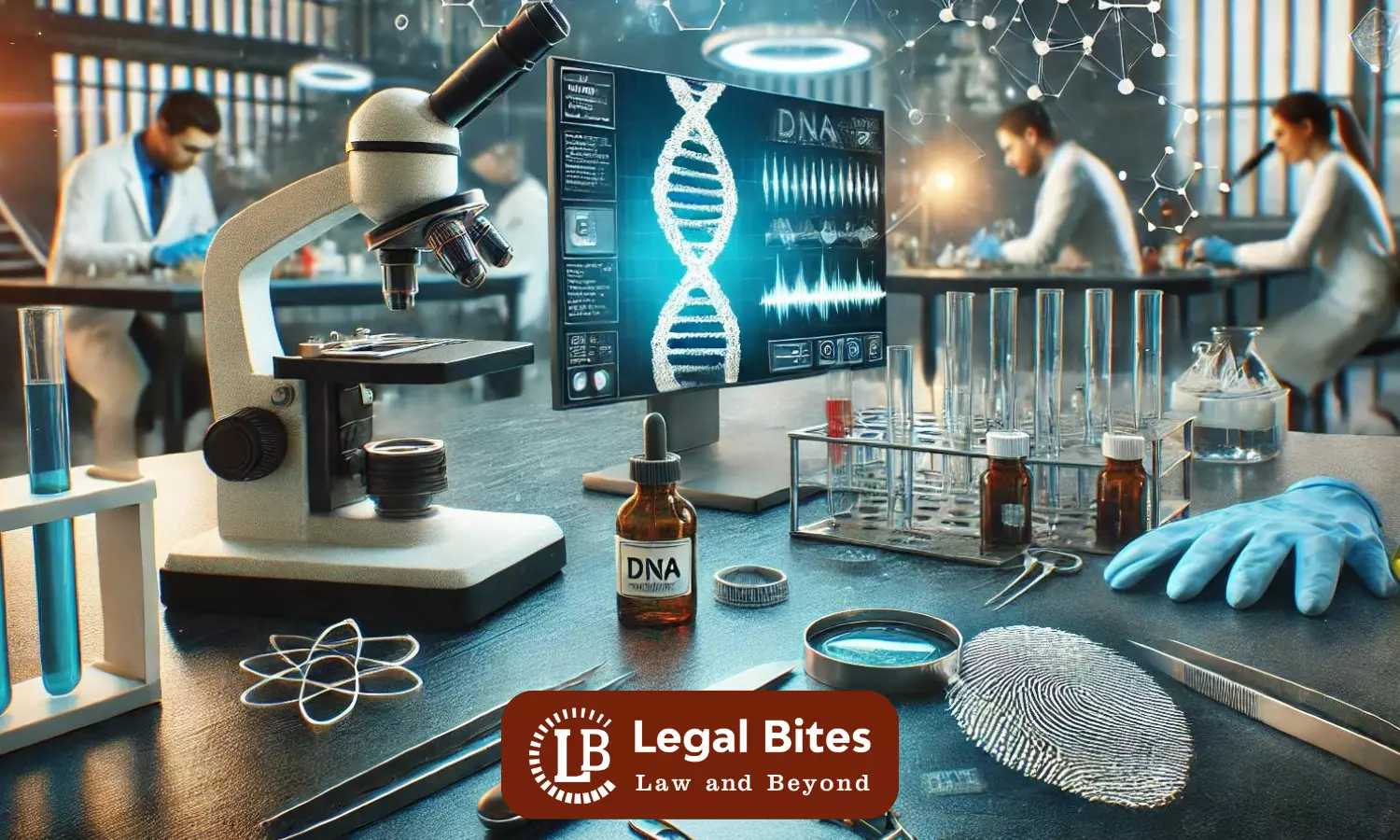Role of Forensic Medicine in Criminal Investigations
This article explores the multifaceted role of forensic medicine in criminal investigations and highlights its significance in the pursuit of justice.

Forensic medicine, also known as forensic pathology, plays a pivotal role in the criminal justice system by bridging the gap between law and medical science. It is the application of medical knowledge to investigate crimes, particularly those involving death, injury, or assault. Through autopsies, toxicological analysis, and expert testimony, forensic medicine helps establish critical facts that can determine the outcome of criminal investigations.
The role of forensic medicine in criminal investigations is pivotal, playing a crucial part in advancing justice and ensuring accurate outcomes in legal proceedings.
Forensic Medicine: Essential in Crime Investigations
Determining the Cause of Death
The primary role of forensic medicine in criminal investigations is to ascertain the cause and manner of death. When a person dies under suspicious circumstances, a forensic pathologist conducts a post-mortem examination or autopsy to determine whether the death was due to natural causes, accident, homicide, suicide, or other factors. The findings from the autopsy often serve as crucial evidence in criminal cases, aiding in the prosecution or defense of the accused.
The process includes a thorough examination of the body, documentation of injuries, and collection of biological samples for further testing. For instance, in cases of gunshot wounds or blunt force trauma, forensic experts can help reconstruct the sequence of events, providing insights into how and when the injuries occurred.
Time of Death Estimation
Forensic medicine plays an essential role in estimating the time of death, which is often critical in criminal investigations. Various methods, such as examining body temperature (algor mortis), the stiffness of muscles (rigour mortis), and the pooling of blood (livor mortis), help forensic pathologists estimate the approximate time of death. The timing can assist investigators in narrowing down the suspect list and establishing or disproving alibis.
For example, determining that a victim died within a specific timeframe can confirm or eliminate a suspect's involvement in the crime. Advanced methods, such as forensic entomology, where the presence and development of insects on a body are studied, can also be employed in cases where decomposition is advanced.
Injury Analysis and Reconstruction
Injuries sustained by victims of violent crimes are often a critical piece of evidence in criminal investigations. Forensic medicine plays a vital role in analyzing these injuries, identifying the type of weapon used, and reconstructing the events that led to the crime. This information helps investigators determine whether a death or injury was accidental, self-inflicted, or the result of foul play.
For example, in cases of strangulation or blunt force trauma, a forensic pathologist can identify tell-tale signs that help distinguish between accidental injuries and deliberate acts of violence. They can also analyze defensive wounds on a victim’s body, suggesting whether the victim had attempted to protect themselves during an assault.
Toxicological Examination
Toxicology, a key branch of forensic medicine, involves testing bodily fluids and tissues to detect the presence of drugs, alcohol, poisons, or other toxic substances. In criminal cases such as overdoses, poisoning, or deaths related to substance abuse, toxicological analysis is indispensable in identifying the cause of death.
Forensic toxicologists work closely with pathologists to determine whether substances found in the victim’s system contributed to their death. This is especially relevant in cases where the cause of death is unclear and toxic agents may have played a role. Toxicological reports can also be used to establish whether the victim or suspect was under the influence of drugs or alcohol at the time of the crime.
DNA Evidence and Identification
Forensic medicine is crucial in the identification of victims and suspects through DNA analysis. In cases where a victim’s identity is unknown or where multiple bodies are involved (e.g., in mass disasters), DNA profiling is a reliable method for establishing identity. Similarly, DNA evidence found at crime scenes, such as blood, hair, or skin cells, can link a suspect to the crime or exonerate an innocent person.
The development of advanced techniques like polymerase chain reaction (PCR) allows forensic scientists to amplify and analyze small samples of DNA, making it possible to identify suspects even from trace amounts of biological material. DNA evidence has revolutionized criminal investigations by providing irrefutable proof of involvement or innocence.
Role in Sexual Assault Investigations
Forensic medicine also plays a vital role in investigating sexual assaults. A forensic medical examination, often referred to as a rape kit, is conducted to collect and document evidence of sexual violence. This includes the collection of DNA, bodily fluids, and fibres from both the victim and the perpetrator, as well as documentation of injuries and psychological trauma.
The examination helps corroborate the victim’s account of the assault and can be critical in securing a conviction. Forensic evidence gathered from such examinations is often decisive in court, particularly when there are no eyewitnesses.
Expert Testimony in Court
Forensic pathologists frequently serve as expert witnesses in court, explaining their findings to the jury and helping the court understand complex medical issues. Their testimony can influence the outcome of a case by clarifying how a crime was committed and providing scientifically grounded evidence that supports the prosecution or defense’s arguments.
Expert testimony is particularly important in cases where the cause of death or injury is contested, or where scientific evidence, such as toxicology reports or DNA analysis, is critical to determining guilt or innocence. The objectivity and credibility of forensic experts often play a key role in shaping the final verdict.
Conclusion
Forensic medicine is indispensable to modern criminal investigations. From determining the cause and time of death to analyzing injuries, toxicological results, and DNA evidence, forensic pathologists provide critical insights that help law enforcement agencies solve crimes. Their expertise ensures that investigations are grounded in scientific evidence, enhancing the fairness and accuracy of the criminal justice system.
Forensic medicine not only aids in the resolution of crimes but also contributes to a more transparent legal process, where decisions are based on facts and objective evidence. In the pursuit of justice, the role of forensic medicine is fundamental, ensuring that the truth is uncovered, and the guilty are held accountable.
References
[1] Dr. Akhilesh K. Pathak, Practical Record Book of Forensic Medicine & Toxicology (Published: 1 January 2019)
[2] The Role of Forensics in Modern Criminal Investigations, Available Here
[3] Gowsia Farooq Khan & Sheeba Ahad, Role of Forensic Science in Criminal Investigation: Admissibility in Indian Legal System and Future Perspective, Available Here
[4] Crime Scene to Courtroom: The Role of Forensic Experts, Available Here
[5] KS Narayan Reddy, The Essentials of Forensic Medicine and Toxicology (Published: 30 November 2016)
[6] The Role of Forensic Evidence In Criminal Investigations In India, Available Here
Important Links
Law Library: Notes and Study Material for LLB, LLM, Judiciary, and Entrance Exams

